.png)
For many in the UK living with severe Post-Traumatic Stress Disorder (PTSD), the path to healing can feel like an endless cycle of therapies and medications that only scratch the surface. When traditional treatments fail to provide lasting relief, the search for alternatives begins. In recent years, Mexico has emerged as the global centre for a powerful and profound treatment: Ibogaine therapy. This plant-derived medicine is showing remarkable potential to help individuals process deep-seated trauma and reset the neural pathways that keep them locked in a state of hypervigilance and fear. This guide offers a comprehensive overview for UK patients considering this groundbreaking journey.
Key Takeaways
-
A Novel Approach to Trauma: Ibogaine is a psychoactive substance that works as a powerful "neuro-interruptor," helping to reset brain patterns associated with trauma, depression, and addictive behaviours.
-
Mexico as a Centre of Excellence: Due to the legal and regulatory landscape, Mexico is home to the world's most experienced, medically supervised ibogaine clinics, offering a level of care not legally possible in the UK.
-
Medical Supervision is Non-Negotiable: Ibogaine carries significant health risks, particularly cardiac risks. Reputable treatment is always conducted in a clinical setting with continuous medical monitoring, including EKG and blood work.
-
Cost of Ibogaine Therapy for PTSD:
-
Mexico: All-inclusive, medically supervised programs typically range from £5,000 to £8,500. This covers medical screening, the therapy itself, accommodation, and integrated aftercare.
-
UK: Ibogaine therapy is illegal and unavailable. Private residential mental health programs using conventional therapies can cost £10,000 to £25,000+ per month.
-
Costa Rica/Portugal: Other destinations with ibogaine clinics often have similar price points to Mexico, ranging from £6,000 to £10,000.
-
What is PTSD and Why Traditional Treatments Can Fall Short?
Post-Traumatic Stress Disorder (PTSD) is a severe mental health condition that can develop after experiencing or witnessing a terrifying event, leaving the nervous system in a constant state of high alert.
Sufferers, including many veterans, first responders, and survivors of abuse, often experience intrusive memories, flashbacks, severe anxiety, and emotional numbness. While standard UK treatments like psychotherapy (CBT, EMDR) and SSRI medications help many, a significant portion of patients find their symptoms are "treatment-resistant." These methods may manage symptoms but often fail to address the root neurological and emotional imprints of the trauma, which is where alternative therapies for PTSD like ibogaine come into focus.
Understanding Ibogaine: A Powerful Neuro-Interruptor
Derived from the root bark of the African Tabernanthe iboga shrub, ibogaine is a complex psychoactive alkaloid that interacts with the brain in a unique and multifaceted way.
Unlike classic psychedelics, ibogaine's primary benefit is not just the psychedelic experience itself, but its profound neurochemical action. It works on multiple neurotransmitter systems simultaneously, leading to what many describe as a "hard reset" of the brain.
Resetting Trauma-Related Brain Networks
Ibogaine is believed to interrupt the brain's Default Mode Network (DMN), which is often overactive in individuals with PTSD and depression, causing them to be stuck in loops of negative self-reflection and traumatic memory recall. By disrupting this network, it creates an opportunity for new, healthier thought patterns to form.
Promoting Neuroplasticity and Healing
One of the most exciting areas of research is ibogaine's ability to significantly increase the production of Glial Cell Line-Derived Neurotrophic Factor (GDNF). GDNF is a protein that promotes the survival and growth of neurons. This flood of GDNF can help repair and build new neural pathways, a process known as neuroplasticity, allowing the brain to literally rewire itself away from the trauma response.
The Introspective Experience
During the medically supervised session, patients enter a deeply introspective, dream-like state. This is not a hallucinatory "trip" in the recreational sense. Instead, it often presents a panoramic life review, allowing individuals to revisit and re-process traumatic memories from a detached, objective perspective, free from the usual charge of fear and pain.
.png)
Why Mexico is the Global Leader for Ibogaine Therapy
Mexico's unique legal standing and the establishment of high-standard medical clinics have made it the safest and most reliable place in the world to undergo this specialized therapy.
For UK patients, traveling to Mexico is currently the only viable option for this treatment.
-
The Legal and Regulatory Environment: Ibogaine is not a controlled substance in Mexico, which allows experienced doctors to administer it legally within a clinical framework for therapeutic purposes. In the UK, it is a Class A drug, making any use illegal.
-
Experienced, Medically-Supervised Clinics: The best ibogaine clinics in Mexico are not informal retreat centres. They are sophisticated medical facilities run by doctors and staffed with nurses, therapists, and paramedics. They enforce strict medical screening protocols to ensure patient safety.
-
Holistic and Integrated Approach: Leading Mexican clinics understand that the ibogaine session is just one part of the healing process. They offer comprehensive programs that include psychological preparation before the treatment and crucial psychedelic integration therapy afterward to help patients make sense of their experience and apply its lessons to their lives.
Expert Insight: "With treatment-resistant PTSD, we are often looking at a brain that is neurologically 'stuck.' Ibogaine appears to act as a catalyst, creating a window of profound neuroplasticity. When this biochemical reset is combined with skilled psychotherapy, a patient can achieve in a week what might have taken years in conventional therapy, if it was even possible. The key is doing it in a medically rigorous environment, which is what the top Mexican clinics provide."
The Critical Importance of Safety and Medical Screening
Ibogaine is a powerful medicine with real physiological risks; it is not a recreational drug and must be treated with the utmost medical respect.
Choosing a clinic based on safety protocols is the single most important decision a patient will make. Any reputable clinic will mandate the following, with no exceptions:
-
Full Cardiovascular Workup: A 12-lead EKG (ECG) is essential, as ibogaine can affect the heart's rhythm (specifically, the QT interval). Patients with pre-existing heart conditions are not candidates.
-
Comprehensive Blood Panel: This is required to check liver function and overall health, as the liver is responsible for metabolizing the substance.
-
Thorough Medical & Psychological Intake: Clinics must screen for any medications or psychological conditions that could conflict with ibogaine.
-
Continuous Cardiac Monitoring: During the entire session, patients must be hooked up to a cardiac monitor and supervised by medically trained staff.
-
On-Site Emergency Equipment: A fully equipped clinic will have a defibrillator and other advanced cardiac life support (ACLS) equipment and trained personnel.
A UK Patient's Journey: What to Expect
The journey is a structured, multi-stage process designed for safety and therapeutic success, beginning long before you ever board a flight to Mexico.
-
Step 1: Remote Consultation and Screening: The process begins with extensive online consultations and a review of your medical history. The clinic will guide you on getting the required EKG and blood tests done in the UK to send for their review.
-
Step 2: Arrival and On-Site Preparation: Upon arrival at the clinic in Mexico, you'll undergo further on-site medical checks. The days leading up to the treatment are focused on therapy, goal-setting, and preparing your mind and body.
-
Step 3: The Ibogaine Session: The treatment itself takes place in a private, comfortable room. It is a long-acting substance, and the main introspective phase can last 6-12 hours, with medical staff present at all times.
-
Step 4: Integration and Aftercare: This is perhaps the most crucial phase. The days following the session are dedicated to one-on-one therapy to help you integrate the insights from your experience. A good clinic will also help create a detailed aftercare plan for your return to the UK, often including ongoing remote therapy sessions.
.png)
Frequently Asked Questions (FAQs)
What does an ibogaine experience feel like?
It is typically described as an intense, internal journey. Users often report a "filing cabinet of the mind" experience, reviewing past events without emotional attachment. It is not typically euphoric; it is considered hard therapeutic work.
Is ibogaine a cure for PTSD?
No treatment is a guaranteed "cure." Ibogaine is best viewed as a powerful catalyst that can dramatically reduce or even eliminate PTSD symptoms by allowing the brain to fundamentally re-process trauma. Lasting success depends heavily on post-treatment integration and lifestyle changes.
What are the main risks of ibogaine therapy?
The primary risk is cardiac arrest, particularly in individuals with pre-existing heart conditions or when mixed with other drugs. This is why a thorough medical screening and continuous EKG monitoring are absolutely essential. Other risks include seizures and ataxia (difficulty with motor coordination) in the short term.
How long does a typical ibogaine treatment program last?
A reputable program focused on psychological healing will typically be 7 to 14 days long. This allows for proper preparation, the treatment itself, and several days of crucial post-session integration therapy before a patient is ready to travel home.
Is ibogaine legal in the UK?
No. Ibogaine is classified as a Class A drug in the UK, making its possession and supply illegal. All reputable and safe therapy is conducted abroad in countries like Mexico.
How do I choose a safe and reputable ibogaine clinic in Mexico?
Look for clinics that are transparent about their medical team and protocols. They should openly advertise that they require an EKG and blood work, have a medical doctor as director, and provide extensive information on their safety procedures and integration therapy programs.
What is the difference between ibogaine and other psychedelics like psilocybin for PTSD?
While both can be effective, they work differently. Psilocybin (magic mushrooms) often fosters feelings of interconnectedness and emotional release. Ibogaine is typically less emotional and more analytical, working as a deep neurological reset and providing an objective, panoramic review of one's life. The choice depends on the individual's specific therapeutic needs.
Your Path to Healing with PlacidWay
The decision to pursue ibogaine therapy is significant and requires careful consideration and expert guidance. PlacidWay is committed to connecting patients with only the most reputable, medically supervised ibogaine clinics in Mexico. We vet our partners for their commitment to safety, medical rigor, and comprehensive therapeutic support.
If you are struggling with treatment-resistant PTSD and are ready to explore a new path, contact PlacidWay today for a confidential, free consultation. We can help you connect with a world-class facility that prioritizes your safety and long-term healing.


.png)



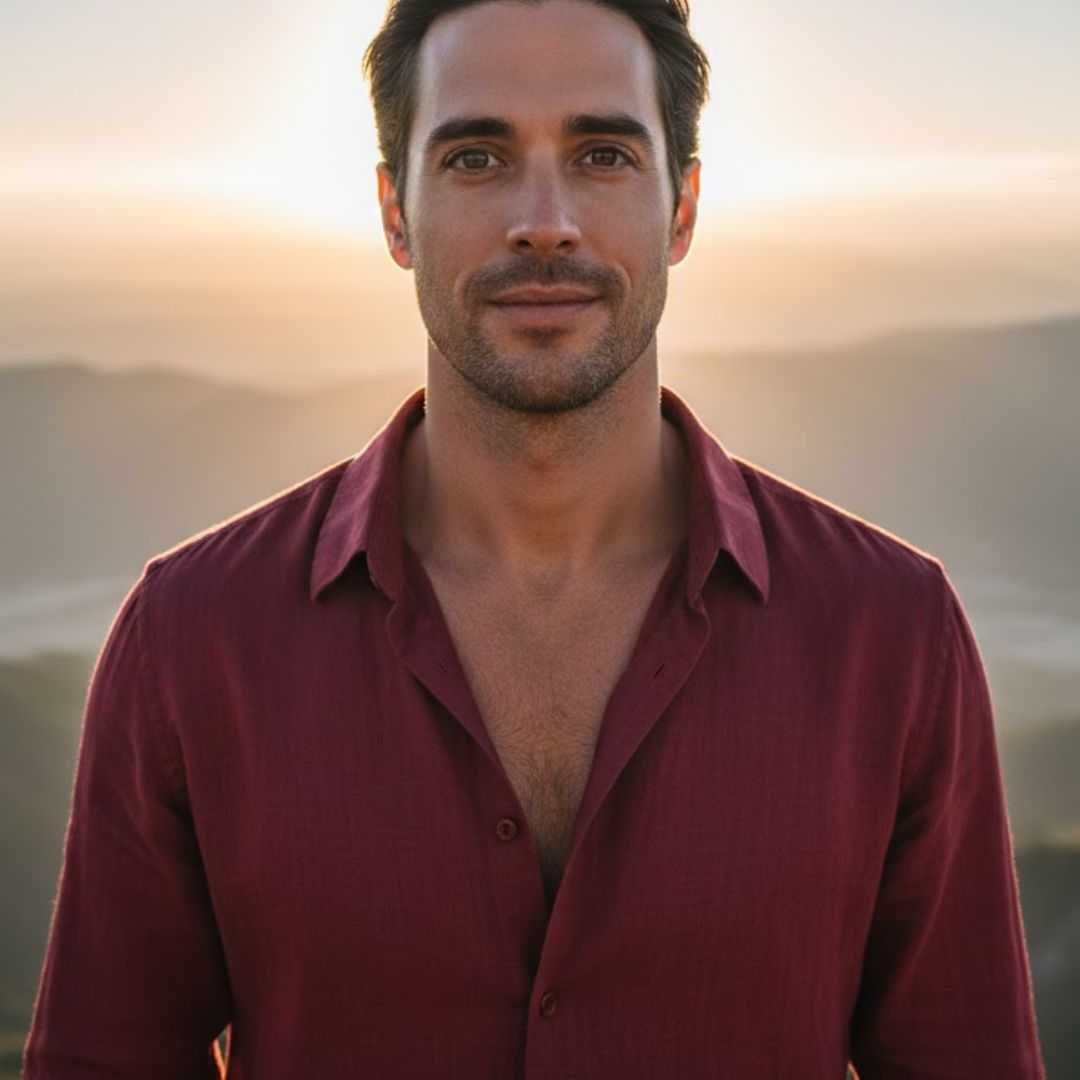
.png)
.png)
.png)
.png)

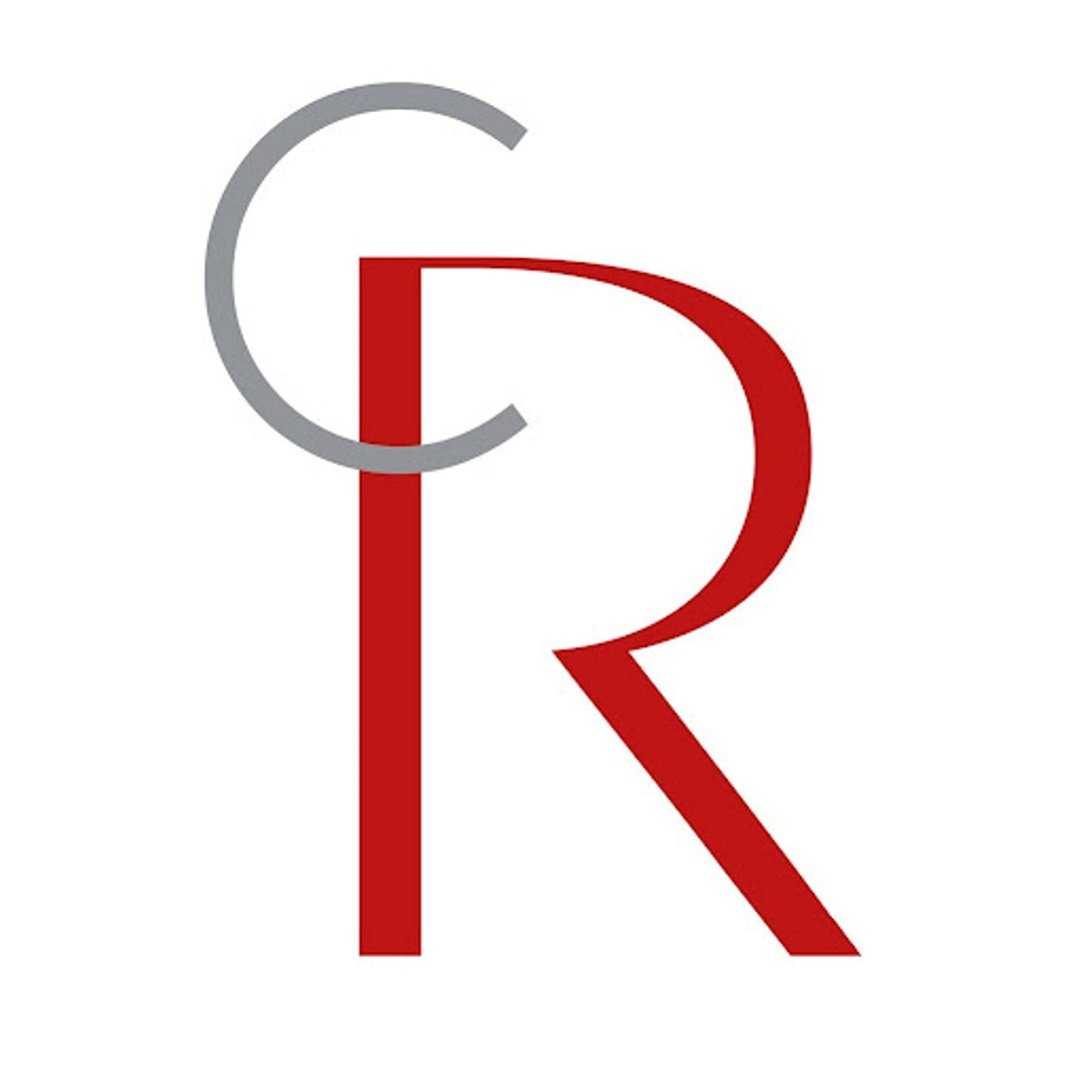
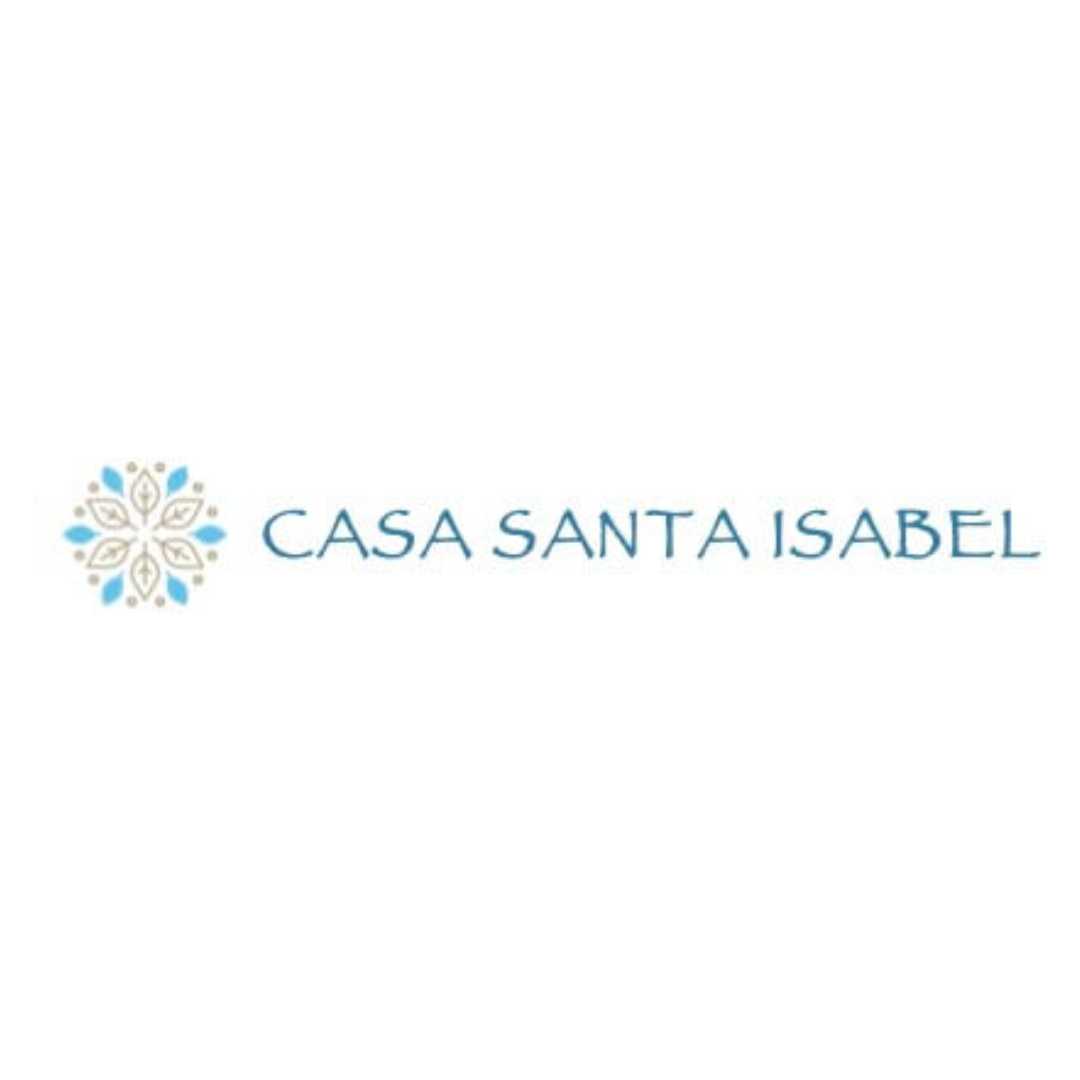
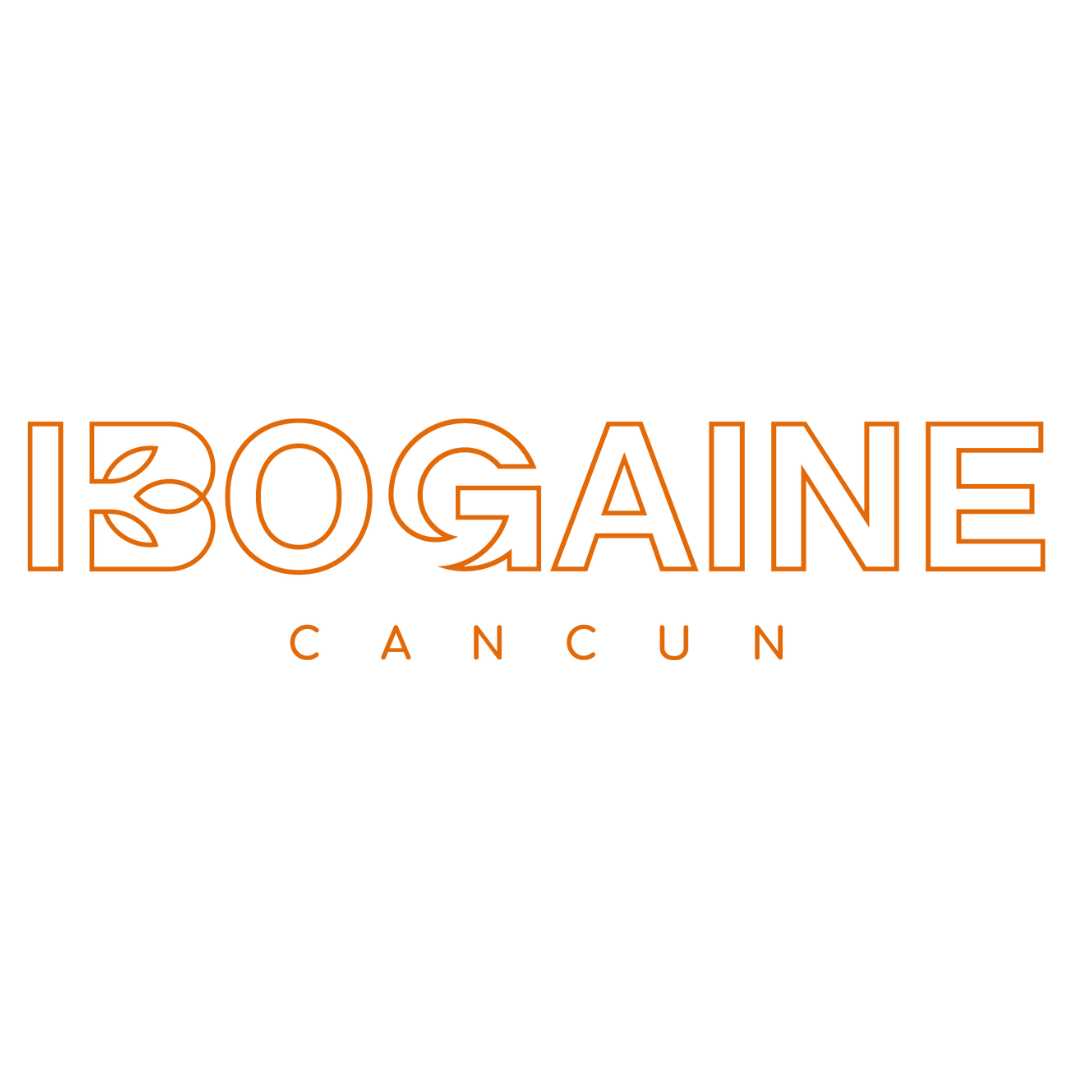
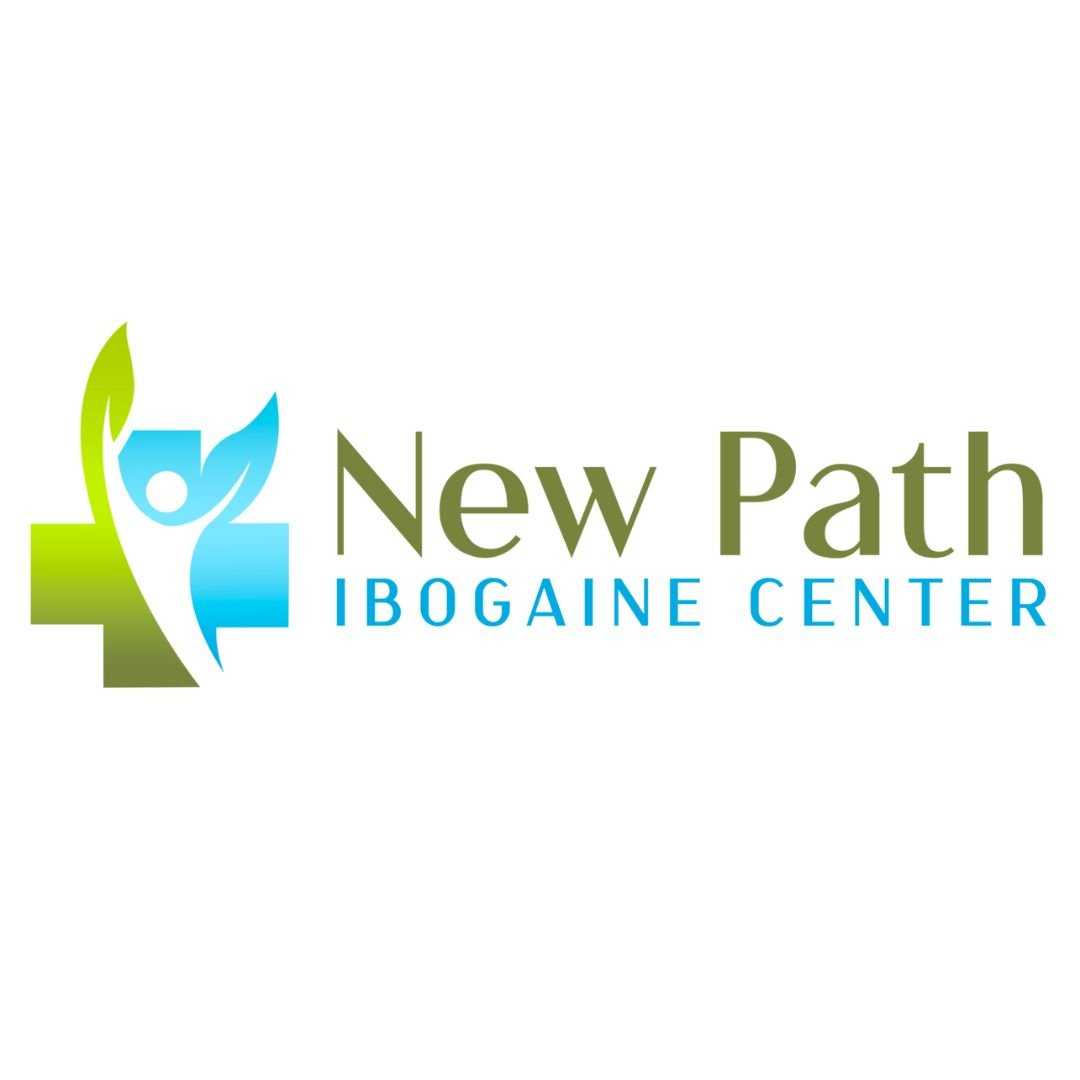

Share this listing